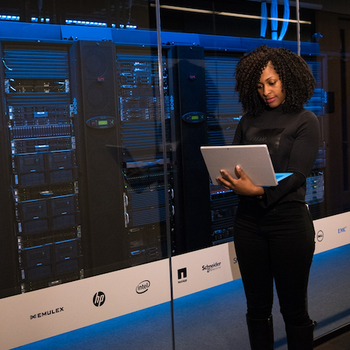
Is data integration broken?

What can the rest of healthcare learn from Geisinger and Penn?

How MedChain and Cognition Foundry also hope to spur new medical research.

What’s going on with VR, machine learning for dementia detection and Fitbit?
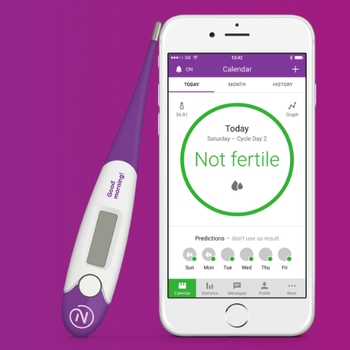
The app is driven by an algorithm that combines body temperature input with menstural cycle data.

The tool helps physicians determine whether a particular patient is likely to respond to direct-acting antivirals.

What you need to know about the rise of data in healthcare and beyond.

They saw a 90 percent improvement in patients who had low prediction performance.
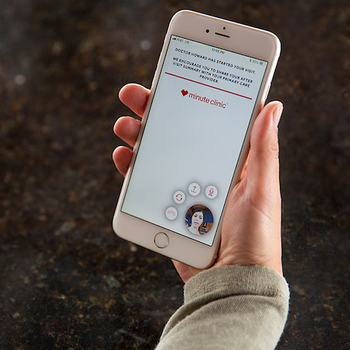
Can MinuteClinic Video Visits change healthcare?

Results from 2 trials have showcased the therapeutic modality’s promise for schizophrenia and acrophobia.

Aidoc received clearance for a technology that flags acute intracranial hemorrhages.

Healthcare organizations reported 31 privacy incidents last month.
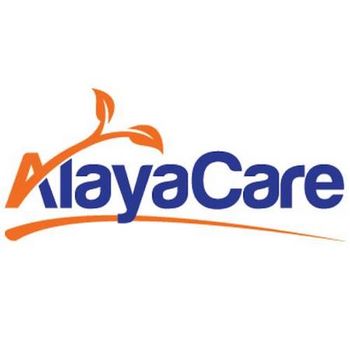
Its cloud-based solutions include patient monitoring, telehealth and more.

The partnership is another sign of the wearables company’s evolving business model.

The problems illustrate why the bipartisan push toward interoperability is important.

A new study found nearly 2,000 patients could have been living with undiagnosed dementia.

Administrator Seema, Verma, M.P.H., rallied the crowd at the ONC Interoperability Forum in Washington, D.C.

Therapists are empowering patients with schizophrenia to build virtual representations of the voices in their heads, with promising results.

The week’s health-tech news that you can’t miss.
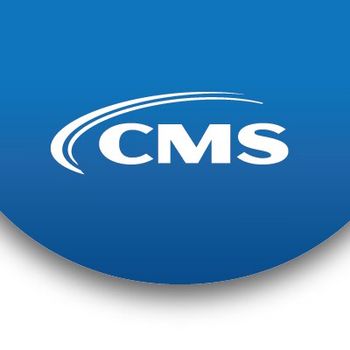
The agency says it’s all about empowering patients, providers and data sharing.
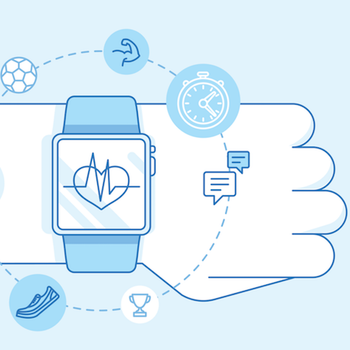
But its success requires a long-term vision.

Data Book explores consent through the story of Henrietta Lacks and talks germline editing with Marcy Darnovsky, Ph.D.

The AI sector is growing at breakneck speed.

It’s difficult to make long-term predictions about which patients will die, but some worry that more accurate tools might affect healthcare spending.

Algorithms and AI are only part of the equation.

What the UnityPoint Health attack means.

23andMe, Ancestry and others agreed to detailed transparency, separate consent for third-party sharing and limits on police disclosure.

How analytics can help healthcare organizations and professionals.

Invaluable insights await those who do.